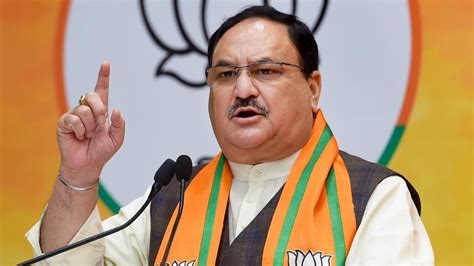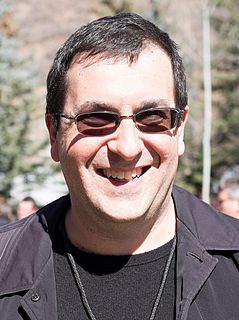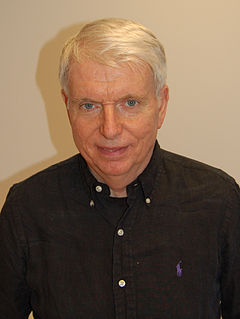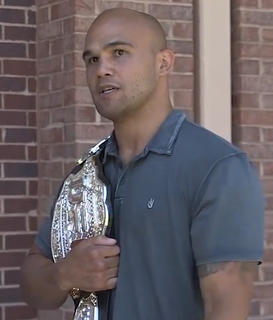A Quote by J.P. Rangaswami
Salesforce's Chatter is what convinced me that the company understood what is going on in the enterprise; this was the biggest attraction for me. I saw that Salesforce understands social.
Quote Topics
Related Quotes
I would have loved to invest in Salesforce when I was active in venture. I didn't know the founder, Marc Benioff, well enough, and he didn't really rely on venture capital, but I remember the first time I met him and got to talk about Salesforce when they were still private. I thought, 'Damn, that is going to be a huge company.'
You look to Google, you see this incredible world of information, you see the advertising, but you also get Google Analytics. And Google Analytics coupled with Salesforce's sales and service and marketing means that both of our customers are going to have customer insights that they've never had before. That is really exciting.




























